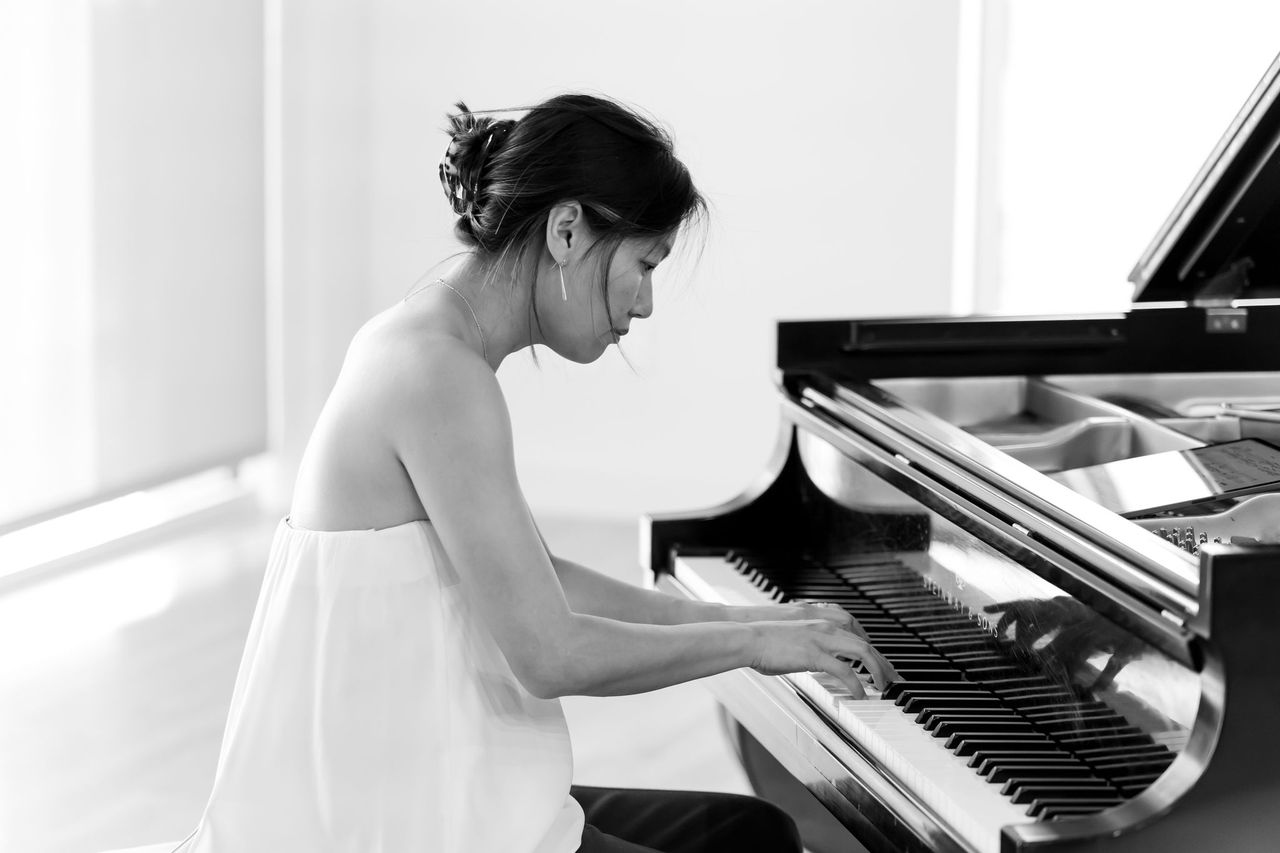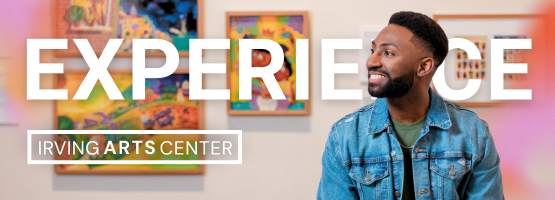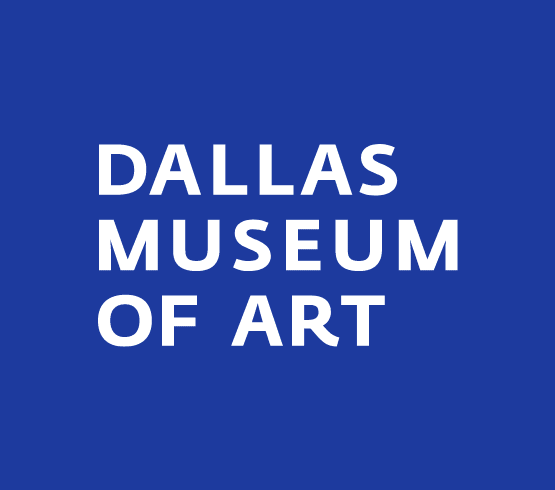Houston-based pianist Yvonne Chen seems to be doing everything everywhere all at once.
She is playing a solo piano recital of Murakami Music in Houston, Virginia, and Taiwan. She is putting a fresh spin on the classics with brilliant arrangements of Gershwin’s Rhapsody in Blue, performing it with her friends in WindSync and with Yuri McCoy, her partner in Pipe and Key, an unusual piano-organ duo. She is playing a handful of Beethoven piano sonatas for Da Camera’s ambitious Beethoven cycles project. She is styling EEG brain caps at a Musiqa concert, performing composer Anthony Brandt’s Diabelli 200 in an ongoing investigation of neuroscience and music in collaboration with the University of Houston Brain Center.
When she is not on stage, Chen is behind the scenes working as Managing Director of WindSync and serving as Board President of Houston’s conductorless Kinetic Ensemble. She also has a day job on the piano faculty of St. John’s School, sharing her knowledge with the next generation of young musicians.
“Honestly everything I do uses different parts of my brain, different pockets of energy,” Chen says of her multifaceted musical career. “I think if I only taught piano I would be burnt out really quickly. If I only played piano I would lose motivation. But because I do everything I see how each experience inspires the other.”
Wherever she is, on the stage, in the classroom, or in the community, Chen is all about advocating for classical music in the 21st century. “That means bringing the music to where people are, and making sure we create programs that invite the listener to appreciate all that classical music is now, instead of thinking of it as something that was long ago and finished.”
For her solo piano program Murakami Music, Chen drew inspiration from her reading of Haruki Murakami’s books. “I love Murakami’s novels,” she professes. “As I started reading more and more of his books I realized he features a lot of classical music within his novels and it occurred to me that I could construct a program that not only brings the people who are really interested in classical music to Murakami’s books, but also the opposite, to bring people who are avid fans of his works into classical music.” It was also a journey of discovery for Chen. Even as a piano major, Chen found Murakami’s musical taste intriguing. “He found these musical jewels, and I wanted to discover what that was all about. I learned so much about a listener’s perspective. That’s the main thing, how can I make this experience a departure for other conversations?”
Chen recently created a Pastorale program that features solo piano music spanning four centuries, from Scarlatti to Nico Muhly, all designed to evoke the beauty of pastoral landscapes. She poses the question, “what does a bucolic landscape sound like in piano music?” Then takes the listener on a guided journey through the varying perspectives of different composers through the centuries. “It’s not a lecture recital or ‘here, let me play some music at you,’” Chen explains, “but more a discussion and an exploratory experience.” For example, by pairing Baroque composer Domenico Scarlatti’s Pastorale sonata with Romantic era composer Ignaz Friedman’s arrangement of the same work, Chen can show how Friedman developed Scarlatti’s melodies using his own harmonic language, giving the audience an appreciation of the different musical styles that were in vogue during each composer’s lifetime.
Chen is as much a collaborative artist as she is a solo pianist. “All music is music-making,” she enthuses. “I enjoy it all.” She loves the natural feedback from other musicians when working on chamber music. “I’m essentially learning as I go along.” One of Chen’s most unusual collaborative projects is Pipe and Key, a piano-organ duo she started with organist Yuri McCoy. “I wouldn’t have even thought Yuri and I would ever play together,” says Chen. A repertoire for these two keyboard instruments in concert has not yet been established. “As a high school student I just loved piano concertos because they were so epic,” remembers Chen. “Yuri and I realized that the only place to hear concertos is at the symphony, in a big production, and many people just can’t afford to go to the symphony.” They decided that if just two people could perform a concerto, it would make this music a lot more accessible. “We also thought about how many churches have both an organ and a piano, and how these venues are usually the center of different communities and neighborhoods, and how this would be a great way to introduce people to these masterpieces.”
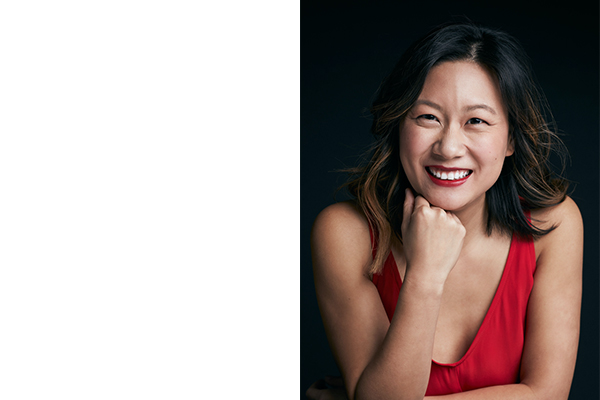
1 ⁄5
Yvonne Chen; Photo by Joseph D. Tran.
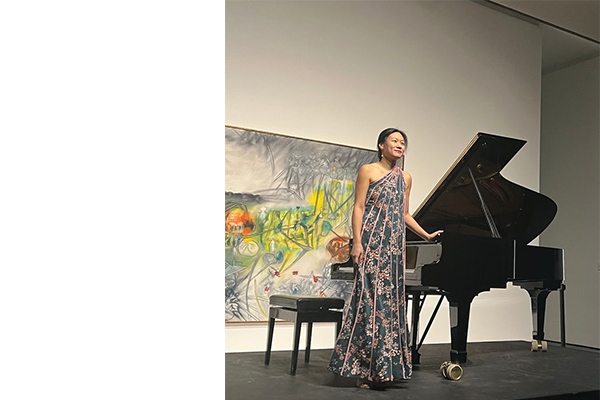
2 ⁄5
Yvonne Chen at Menil Collection in “Beethoven For All” presented by DACAMERA, 2023. Photo by courtesy of the artist.
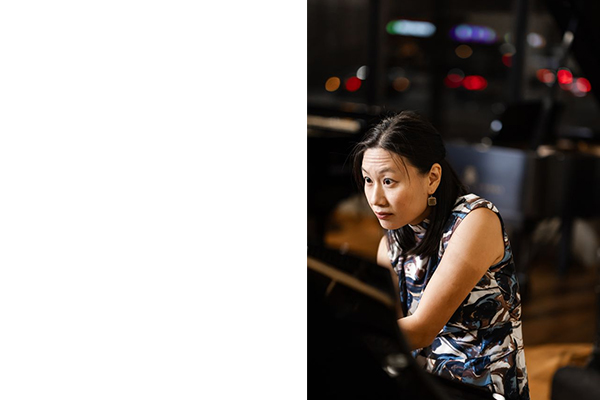
3 ⁄5
Yvonne Chen; Photo by Natalie Gaynor.
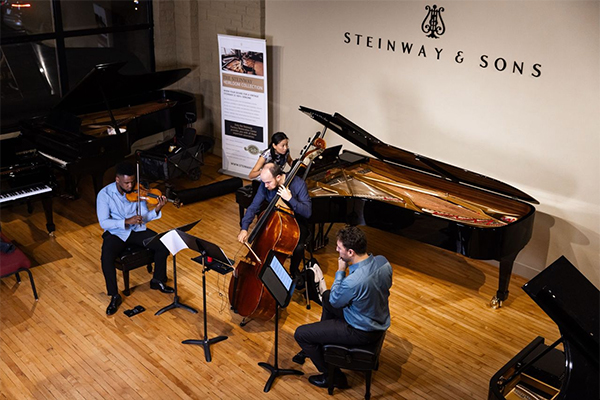
4 ⁄5
Yvonne Chen at Steinway Gallery Houston with Rainel Joubert, Matthew Roitstein, and David Connor in a program of premieres celebrating new voices in Cuban music, 2024. Photo by Natalie Gaynor.
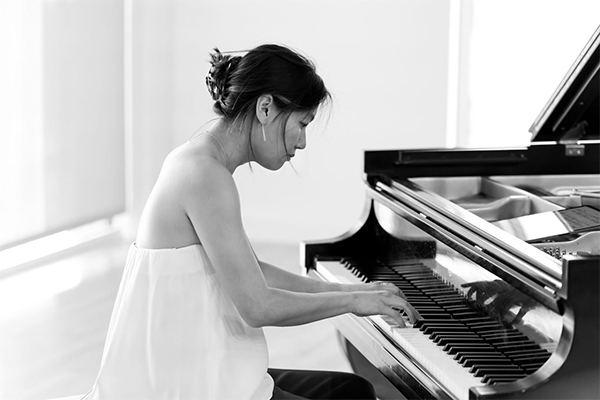
5 ⁄5
Yvonne Chen at the MATCH for Rhapsody in Blue presented by WindSync, 2023. Photo by Monica Hindmarsh.
Chen thinks a lot about the audience’s experience. Growing up in the Washington D.C. area, she did all the normal stuff, taking AP classes, playing Powder-puff, and hanging out with friends. “Most of my friends were not musicians,” recalls Chen. “So I’m always thinking about how I could make what I do appealing to them.”
Throughout Juilliard Pre-College and later the prestigious Juilliard School itself, Chen studied the classical canon almost exclusively. “As a pianist there’s so much repertoire to study,” says Chen. “But when I made the decision to come to Houston for my Masters and Doctoral degrees at Rice University Shepherd School of Music, I wanted to explore other, specifically more contemporary works and play in larger ensembles.” She founded the new music collective Loop38 in 2016 and fearlessly delved into a wide range of contemporary works that pushed the boundaries of classical music, from performing Georg Friedrich Haas’s in vain in total darkness at the Rothko Chapel, to reading graphic notation at Sawyer Yards, to playing on the toy piano and the keyboard sampler. Chen clearly recalls the strong audience engagement with Haas’s piece at the Rothko Chapel. “It was a really special experience to be able to perform the piece in complete darkness. We didn’t need people to understand the background or the music, but to just have this experience of listening and letting the music wash over you. It was a really meaningful experience for so many people.”
When Chen was diagnosed with thyroid cancer during her first year at Juilliard, she thought hard about the demands of a career in music. She chose Houston for Rice University’s academic rigor but also because of the care she could receive at the MD Anderson Cancer Center. “I sometimes think about how my life and career path might have been different if I had chosen the competition route and become a soloist,” reflects Chen. “I don’t really know. But I do feel so fulfilled in my life right now, and to be in Houston where artistically and culturally everything has come together for me. We are cultivating such a wonderful community of concert-going people.”
—SHERRY CHENG

